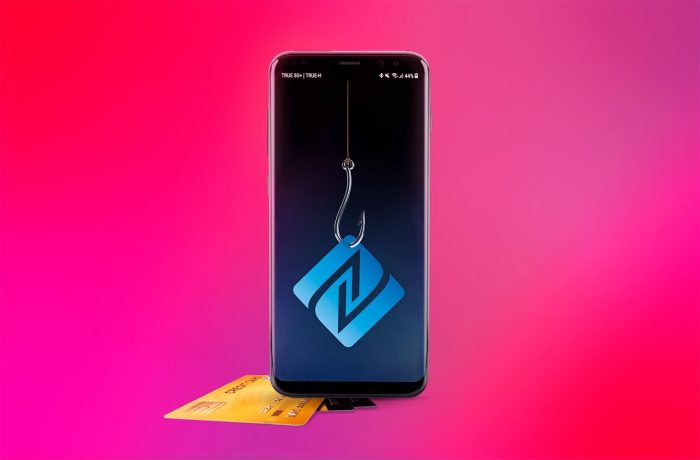
Messengers 101: safety and privacy advice
A dozen short and simple tips on how to use WhatsApp, Telegram, Signal, iMessage, WeChat, and other messaging apps safely and hassle-free.
3315 articles

A dozen short and simple tips on how to use WhatsApp, Telegram, Signal, iMessage, WeChat, and other messaging apps safely and hassle-free.

Archives are being used in targeted phishing and other attacks on organizations. What tools, settings, and policies can mitigate the threat?

Scammers are exploiting GetShared to bypass email security.

Spoiler: nothing good. Along with pirated software, you’ll probably pick up a miner, stealer, or backdoor.

Cybercriminals are inventing new ways to swipe money from payment cards by using credentials phished online or over the phone. Sometimes, just holding your card to your phone is enough to leave you penniless.

Attackers use the polyglot technique to disguise malware. We explain what it is and how to protect your company against attacks.

New malware targets magic enthusiasts — sending stolen data to an “astral cloud server”.

Fending off ransomware attacks that exploit corporate IoT devices.

Apple’s Find My network can be exploited to remotely track other vendors’ Android, Windows, and Linux devices.


A security researcher has investigated his own smart mattress cover, discovering several ways to hack it — including through a backdoor preinstalled by the developer.

Our technologies have helped to detect the zero-day vulnerability CVE-2025-2783 in Google Chrome, which was used in a sophisticated APT attack.

How to counter new privacy invasions by browser developers

Cybercriminals behind the Fog ransomware publish leaked data along with the IP addresses of attacked computers.

If you’ve ever downloaded game cheats from a YouTuber’s “link in the description”, your computer might be infected with a stealer.

How to respond to a compromised GitHub changed-files Action incident.

We dive into the mechanics of the controversial nude-scanning app that has mysteriously materialized on a billion phones.

Reasons for updating your ESXi infrastructure ASAP, and enterprise threats that VM escape poses.

Microsoft’s March Patch Tuesday fixes several vulnerabilities that have already been used in the wild. Details are not clear at the moment, but it’s worth installing the patches ASAP.

Takeaways for regular crypto holders from the biggest crypto heist in history.

We’ve added technology that checks QR codes in emails for phishing links.